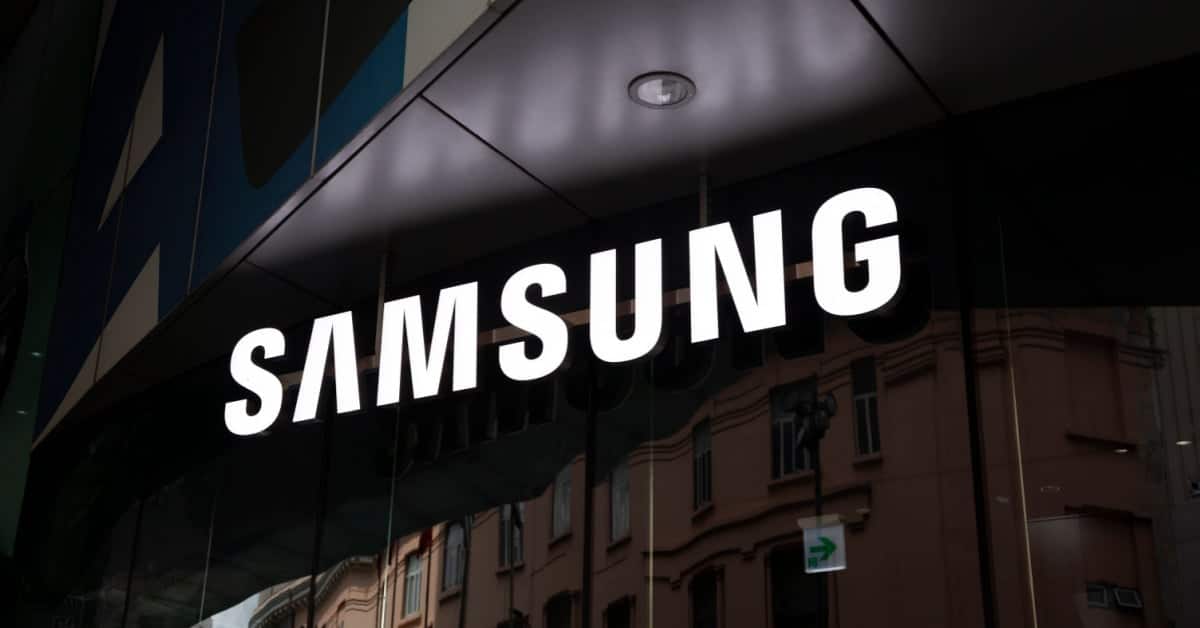SUMMARY
This is SSIR’s second office in Bengaluru, with a capacity to accommodate close to 1,600 professionals
SSIR operates within Samsung Electronics’ worldwide network to provide component solutions, showcasing technologies across System LSI, Memory, and Foundry sectors
When it comes to the overall smartphone market in India, Samsung has 18% volume share and a revenue share of 21%
Samsung Semiconductor India Research (SSIR), the research arm of Samsung Electronics, has unveiled its new research and development (R&D) facility in India’s Bengaluru city.
The facility is aimed at driving cutting-edge semiconductor research and development in India while addressing the company’s growing needs for advanced infrastructure, it said.
This is SSIR’s second office in Bengaluru, with a capacity to accommodate close to 1,600 professionals. Located at Bagmane Capital Tech Park in the Angkor-West area, it spans 1.6 Lakh square feet across four floors, IANS reported.
SSIR operates within Samsung Electronics’ worldwide network to provide component solutions, showcasing technologies across System LSI, Memory, and Foundry sectors.
Balajee Sowrirajan, Executive VP & MD at Samsung Semiconductor India Research said that the new facility embodies the company’s commitment to expanding its footprint in India.
It is pertinent to note that, SSIR currently comprises over 4,500 employees and plans to add over 700 people, including fresh graduates and lateral hires across teams in the country.
Lately, it has collaborated with the Indian Institute of Science (IISc) towards set up a Quantum Technology Lab.
This lab claims to integrate cryogenic control chips with qubits, single photon sources, and detectors and address reliability challenges in quantum technologies.
This comes close on the heels of Samsung gearing up to commence its laptop manufacturing in the Greater Noida facility this year.
Back then, Samsung’s president and head of the mobile experience (MX) business TM Roh said that to meet the global demand for laptops, the company may optimise the factory in terms of its capacity to start production.
However, the plant’s manufacturing significance for the company will continue to be the same.
This development was speculated last year after the Indian government imposed immediate restrictions on the import of laptops, tablets, and personal computers falling under HSN 8741 category. Following this, some of the major tech giants including Dell, Apple, HP, among others urged India to reconsider the move.
Though the government later called off the restrictions, it also received 38 applications, including 25 from domestic companies, for the PLI Scheme 2.0 for IT hardware.
Samsung, despite not being a participant of the scheme, shifted its laptop manufacturing base to India to reduce dependence on imports. For the same, the company will cooperate with the government policies to strengthen manufacturing in India.
In addition, global giants Intel and Infinix are also working on plans to start laptop manufacturing in India.

